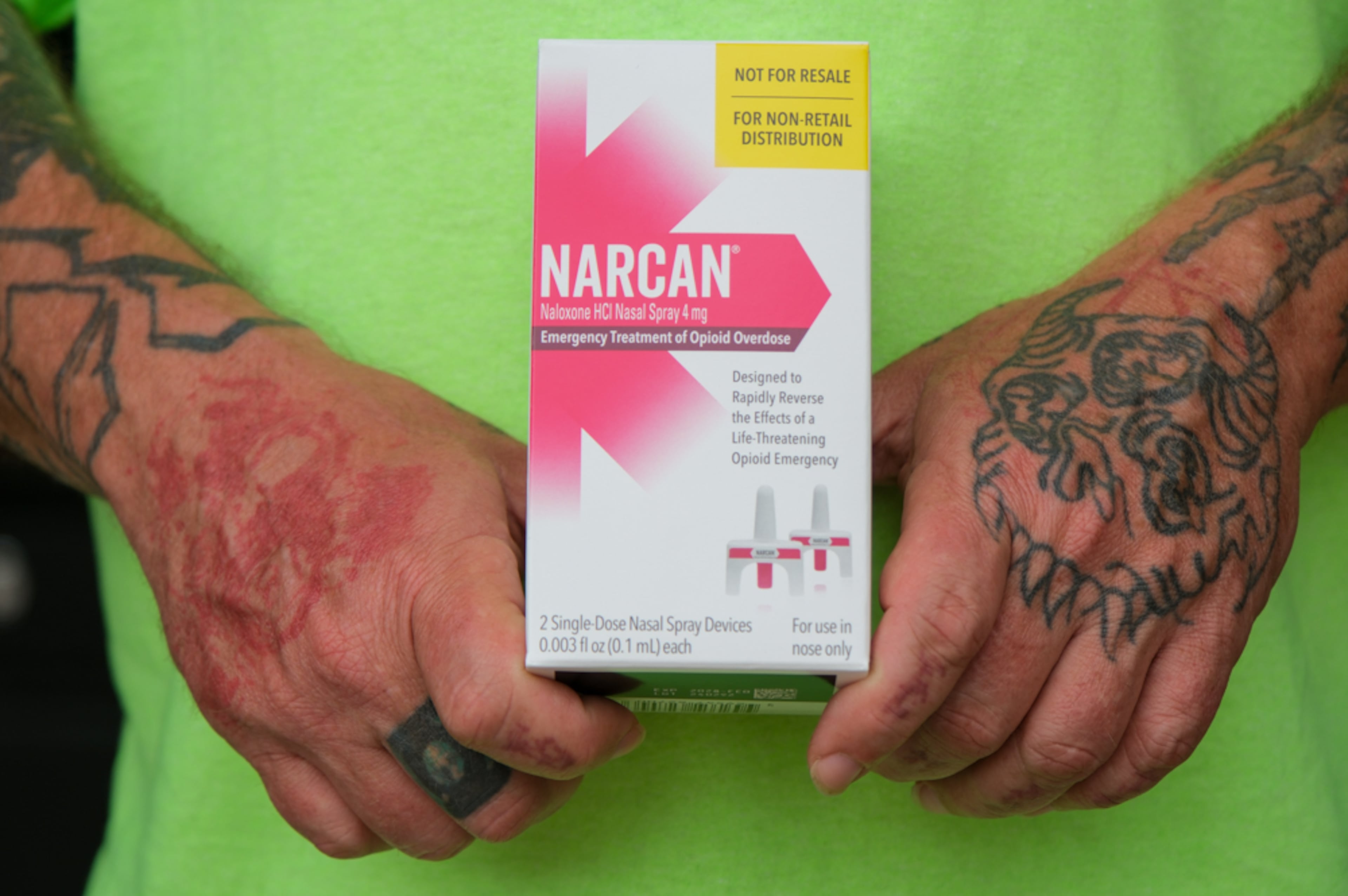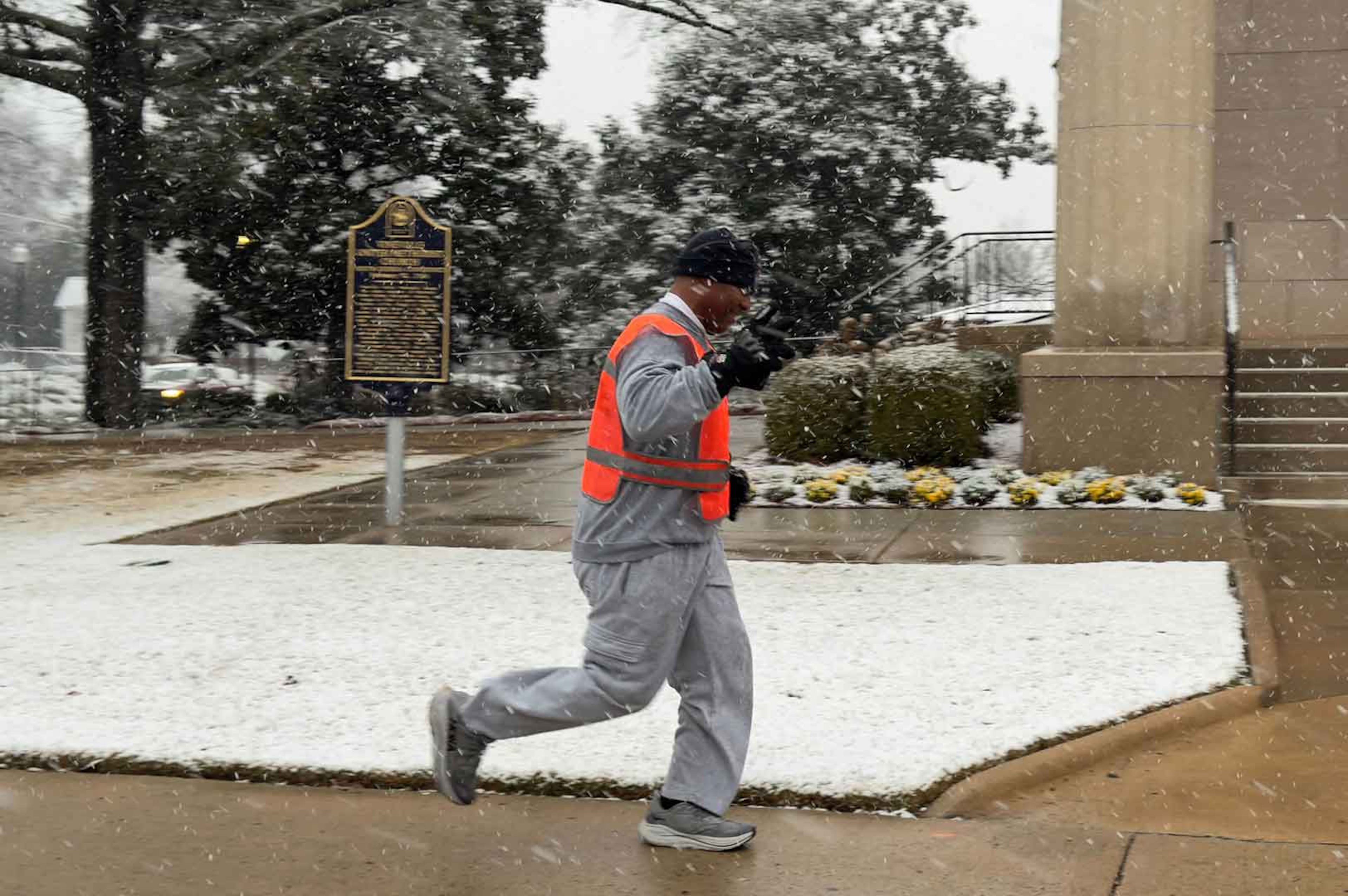A Georgian’s guide to the Nevada caucus

The race to become the Democratic Party’s nominee for president is still wide open, and all attention is on Nevada this week as it becomes the third state to vote.
Nevada has something the two previous states didn't have: a sizable nonwhite population. That makes this state more comparable to Georgia than either New Hampshire or Iowa.
With some candidates surging (Michael Bloomberg) while others hold on for dear life (Joe Biden), there will be great interest regarding who lands a the top after Saturday’s voting concludes.
An added wrinkle: Nevada is among a handful of states and U.S. territories that decides its winner via the caucus system. After the drama in Iowa caused by faulty technology, Democratic Party officials in this western state have vowed not to make the same mistakes.
Here are the storylines to follow:
Bloomberg’s first debate
Tonight's debate will be the first for Michael Bloomberg, who was ineligible to participate in previous ones because of rules that made it nearly impossible for self-funded candidates to qualify. Now, Bloomberg will be on stage with his opponents for the first time and facing tough questions about his policies as New York City mayor, his previous life as a Republican and whether it is his money, as opposed to his vision for America, that has given him a leg up in national standings.
Biden needs a good showing
The pressure is on Joe Biden to prove he still should be considered a top-tier candidate after fourth and fifth place finishes in Iowa and New Hampshire, respectively. He is expected to lean heavily on Nevada’s minority voting populations, and a good finish here is crucial to keeping him in the conversation among moderate Democrats. If Biden does not do well in Nevada, he could start losing support to other candidates whose campaigns appear to be in a stronger position.
On the evening before the debate, Biden held an event with Asian-American and Pacific Islander supporters at a seafood restaurant in the Chinatown Mall plaza. His brief remarks focused on America being a country built by immigrants, and he spoke about his pro-immigration platform. Afterward, staff members directed audience members to a nearby early voting site.
Sanders could secure top-dog status
Recent polls point place Bernie Sanders in the lead, and a win in Nevada would be his second in a row and solidify his position as the front-runner. He was a close runner up to Pete Buttigieg in Iowa.
However, Sanders’ self-described socialist policies scare some moderate Democrats who fear he won’t be able to beat Trump in the general election. The question is: will the moderate candidates fight among each other for the centrist vote in hopes of overcoming Sanders’ later or will they try to poke holes in Sanders’ coalition now?
In addition to Bloomberg, Biden, Buttigieg and Sanders, the other candidates participating in the debate are U.S. Sen. Elizabeth Warren of Massachusetts and U.S. Sen. Amy Klobuchar of Minnesota. Another self-funded candidate, Tom Steyer, failed to qualify for the debate but has been spending heavily in Nevada and could do well on Saturday.
Warren has been losing support to Sanders as both are vying for the same progressive voters. Klobuchar’s campaign is gaining steam, and she ended New Hampshire’s primary in third place.
Buttigieg, the former Indiana mayor, finished first in Iowa and second in New Hampshire, putting him at the top near Sanders. But he still struggles to connect with voters of color, who constitute about half of Nevada’s population.
The impact of unions
One of Nevada's most powerful unions, the Culinary Workers Union, decided not to endorse a candidate ahead of the caucus. The organization, which represents 60,000 hotel workers, has been critical of Sanders' "Medicare for All" healthcare plan and some of its leaders have long-standing relationships with Joe Biden.
So, the decision not to get behind a single candidate is worth tracking to see if unions in later primary states like Georgia follow suit. Is this an indication that the wide-open field leaves even the most politically connected groups hesitant to make a choice? Is this a new trend, where powerful groups avoid the risks involved with endorsing a candidate and instead focus on pushing a platform of policies they can pursue with whoever is the eventual nominee?
Atlanta Journal-Constitution political reporter Tia Mitchell is in Nevada covering Wednesday's Democratic debate in Las Vegas.
Why would a Georgia paper send a reporter out of state when there is abundant political news at home? Nevada and Georgia are two very different states, but voters in both share many of the same concerns and the same national picture.
Early voting for Georgia’s March 24 presidential primary begins March 2, two weeks after the Las Vegas debate and just over a week after the state's caucuses conclude. That means the story coming out of Nevada will influence what happens here.
Mitchell will also be watching out for Georgians from both parties who are spending time in Nevada and other early primary states to support their candidates. Their stories are part of the larger tale of Georgia’s role in the presidential contest.



